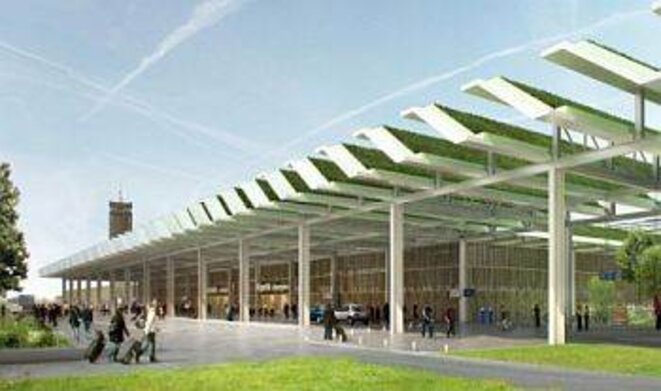Jade Lindgaard

A Mediapart, j'enquête sur le nucléaire et je suis responsable du pôle Ecologie, après avoir travaillé les années précédentes sur les injustices environnementales, les pollutions industrielles et l'écologie urbaine.
Auparavant, j'ai travaillé aux Inrockuptibles.
J'ai écrit plusieurs livres, dont Paris 2024. Une ville face à la violence olympique (Divergences, 2024), Eloge des mauvaises herbes. Ce que nous devons à la ZAD (Les Liens qui libèrent, 2018), Je crise climatique. La Planète, ma chaudière et moi (La Découverte, 2014), Le Ba-ba du BHL, avec Xavier de la Porte (La Découverte, 2004), et La France Invisible (La Découverte, 2006).
J'ai été membre du comité de rédaction de la revue Mouvements.
J'ai participé à la commission Diversités de Mediapart, qui tente d'oeuvrer contre les discriminations et les mécanismes de domination au sein de l'entreprise. Et j'ai coprésidé la Société des journalistes (SDJ) de Mediapart.
Consultez ici ma déclaration d'intérêts.
Declaration of interest
In the interest of transparency towards its readers, Mediapart’s journalists fill out and make public since 2018 a declaration of interests on the model of the one filled out by members of parliament and senior civil servants with the High Authority for Transparency and Public Life (HATVP), a body created in 2014 after Mediapart’s revelations on the Cahuzac affair.
All his articles
All his blog posts
The Mediapart Club
Join the discussion
Mediapart’s journalists also use their blogs, and participate in their own name to this space of debates, by confiding behind the scenes of investigations or reports, doubts or personal reactions to the news.

Mediapart Journalist
47 Posts
13 Editions



